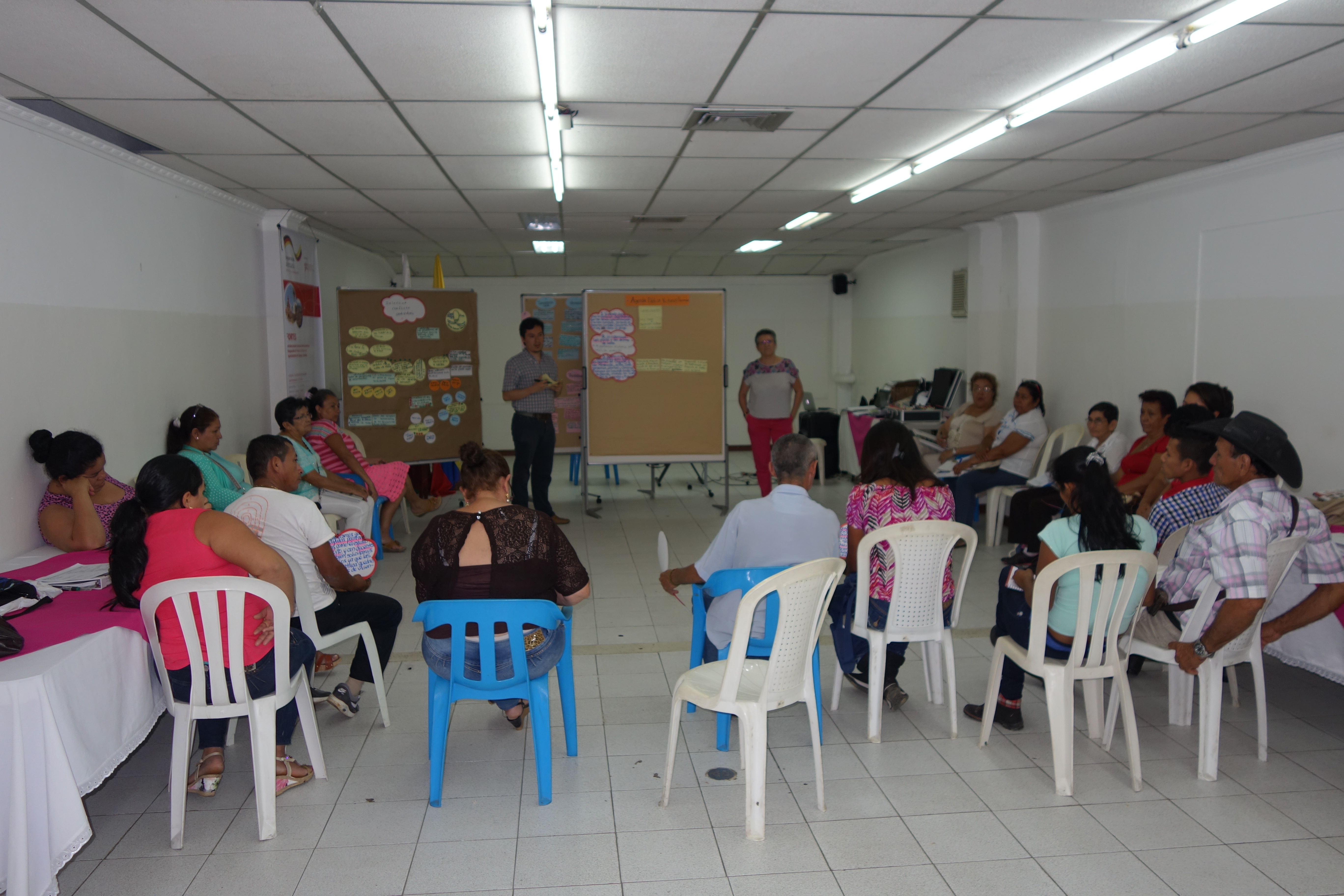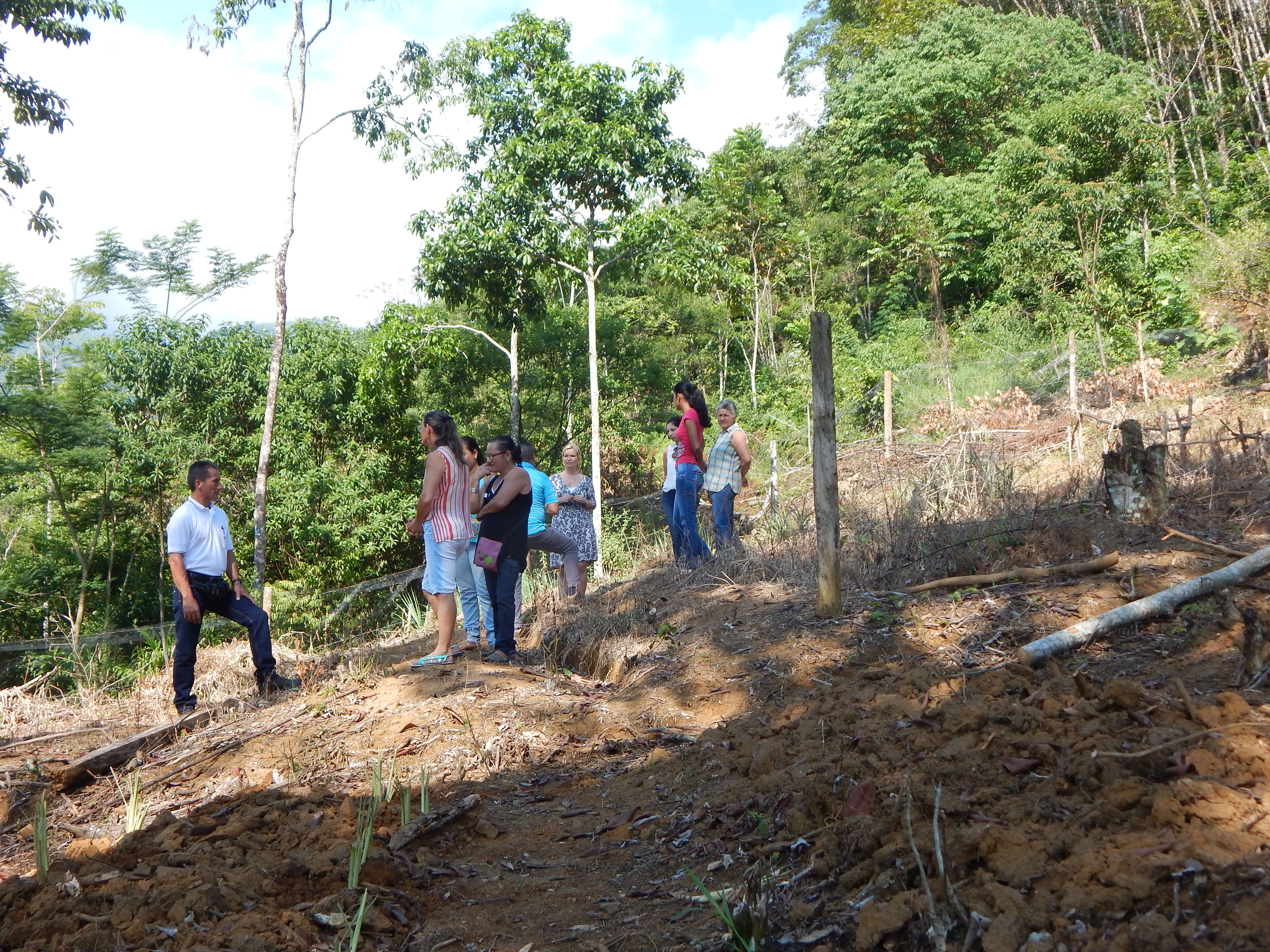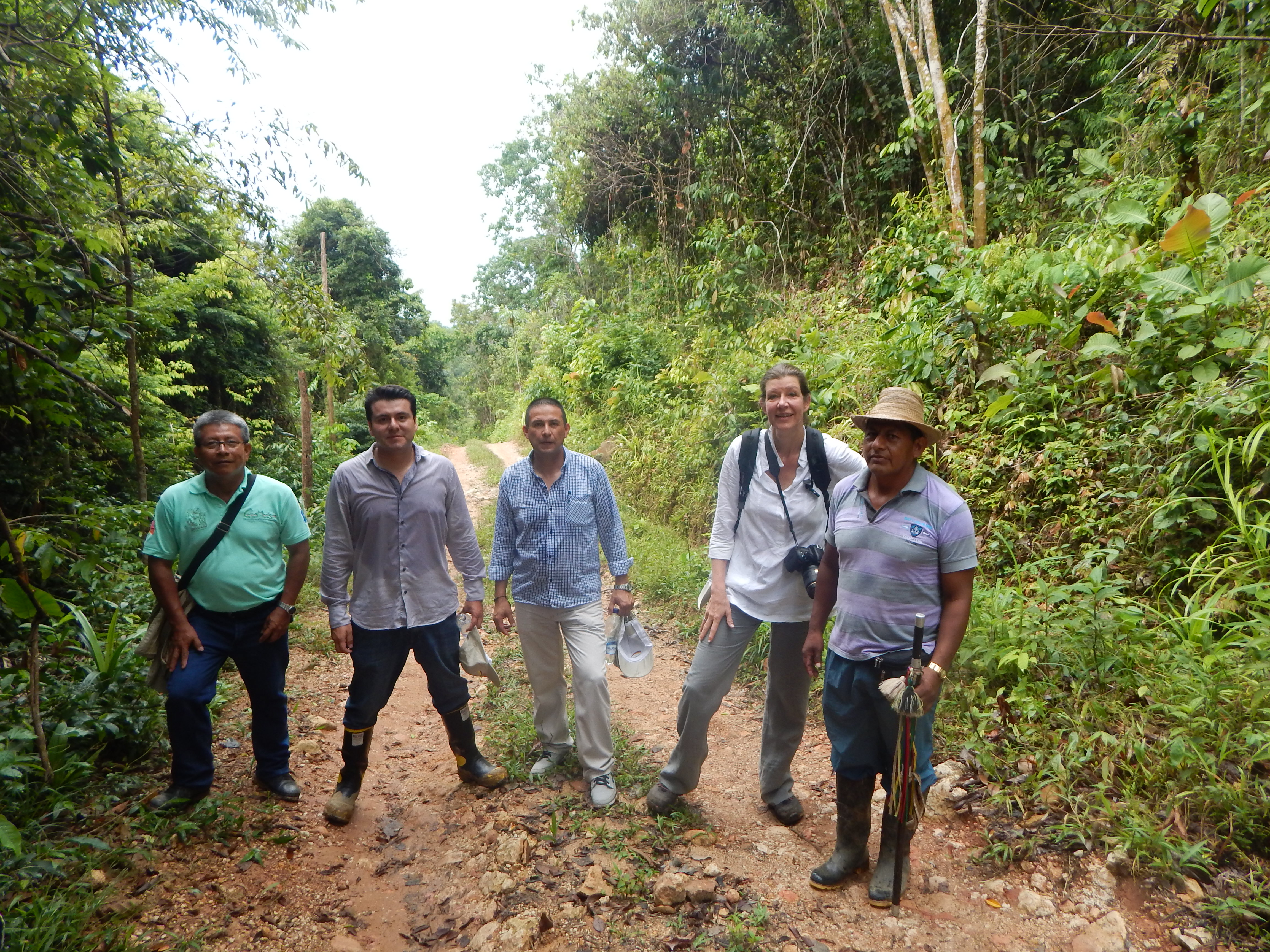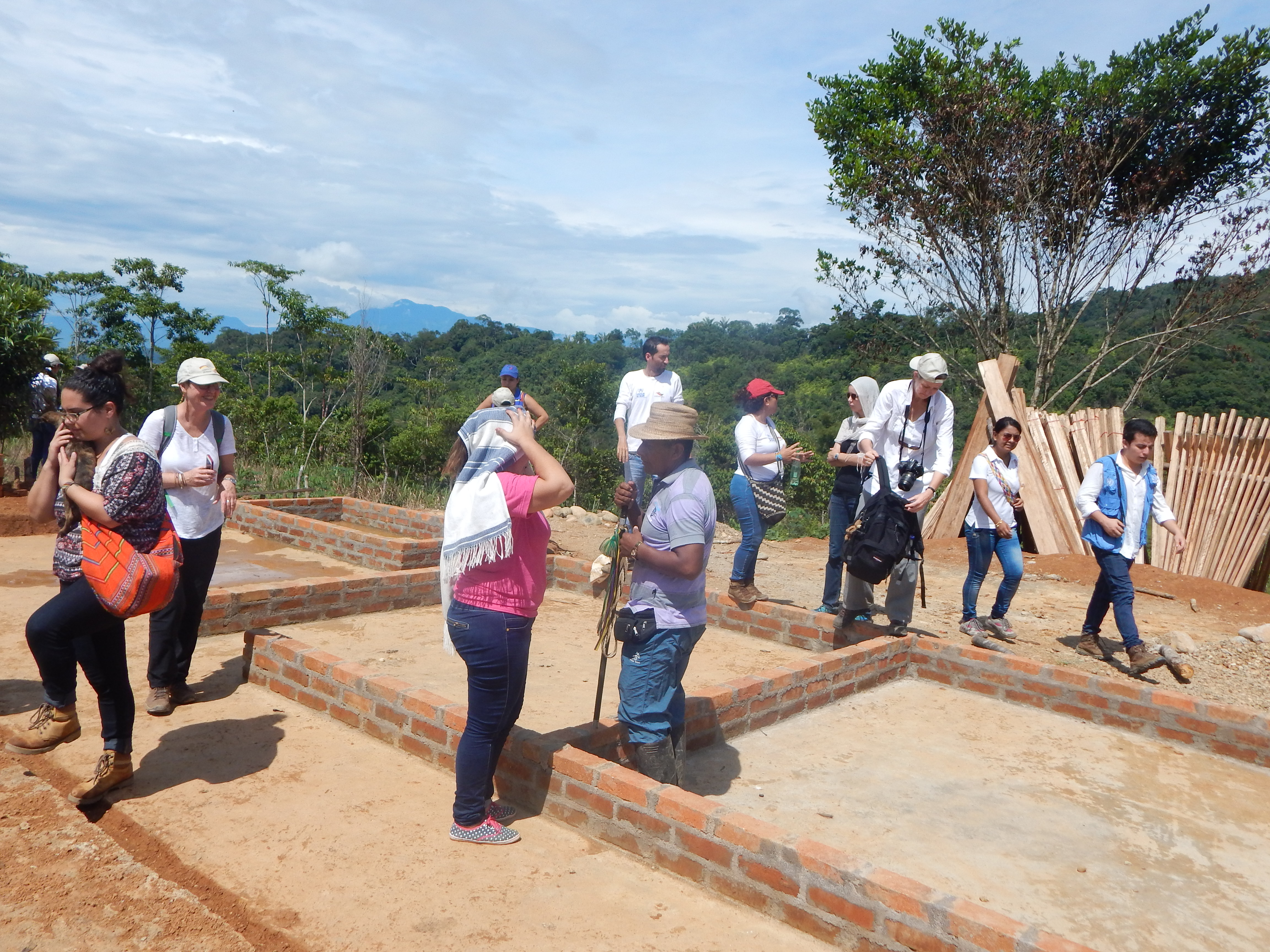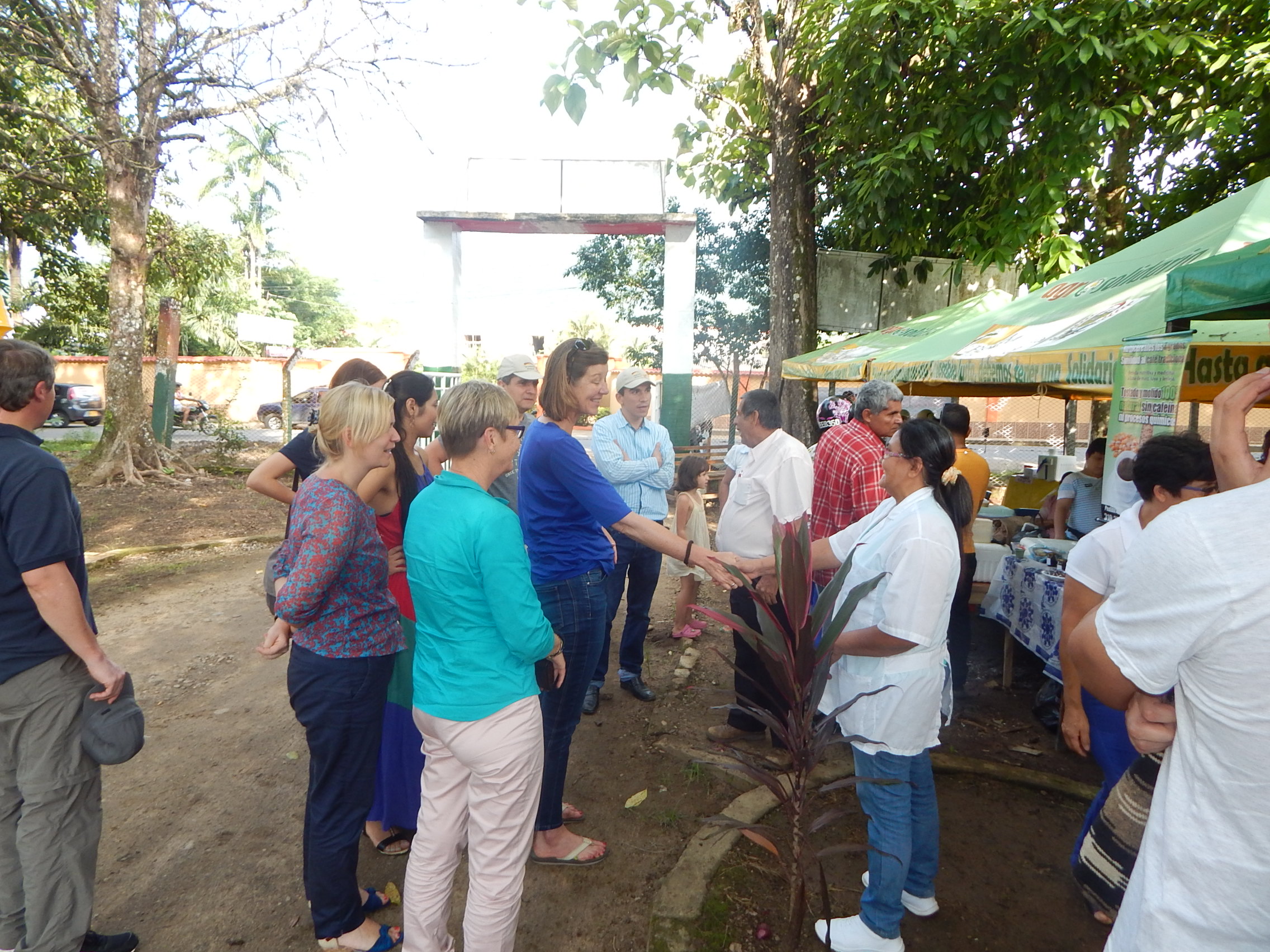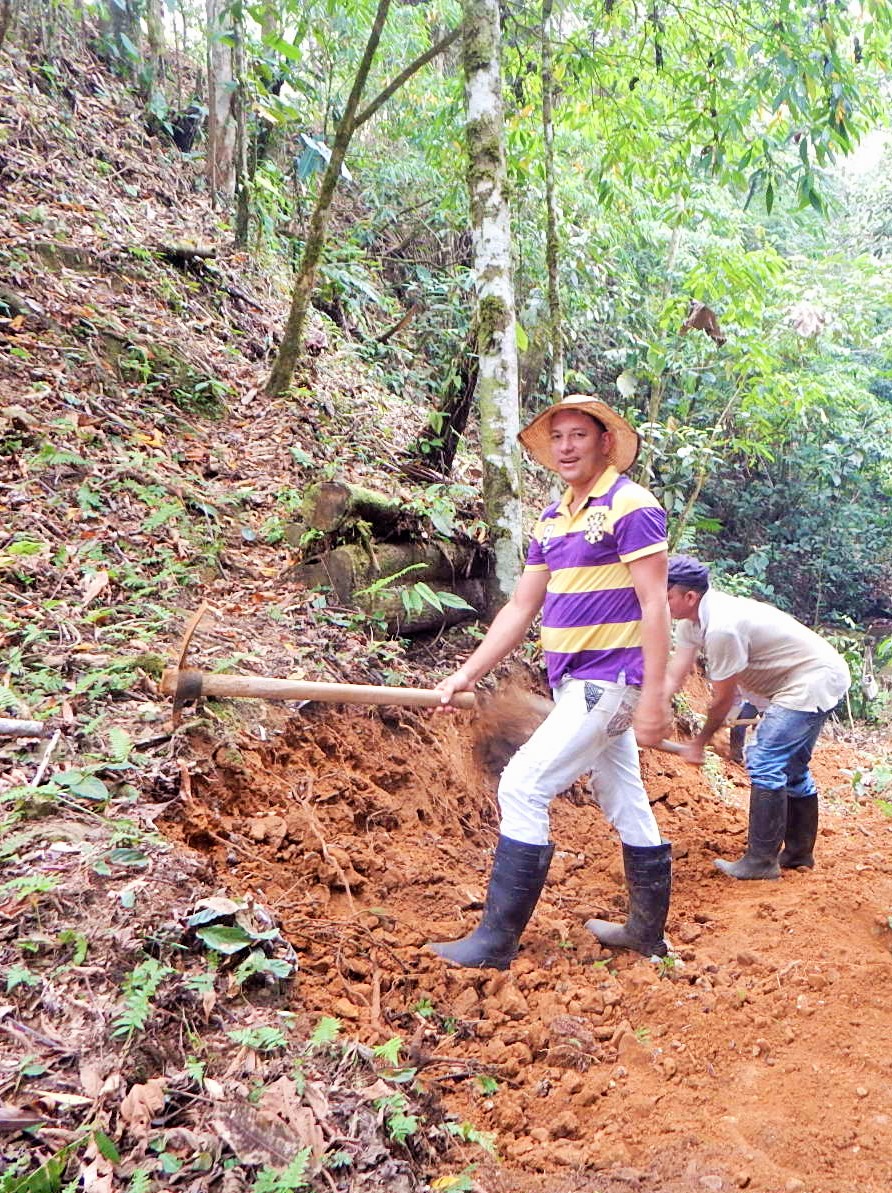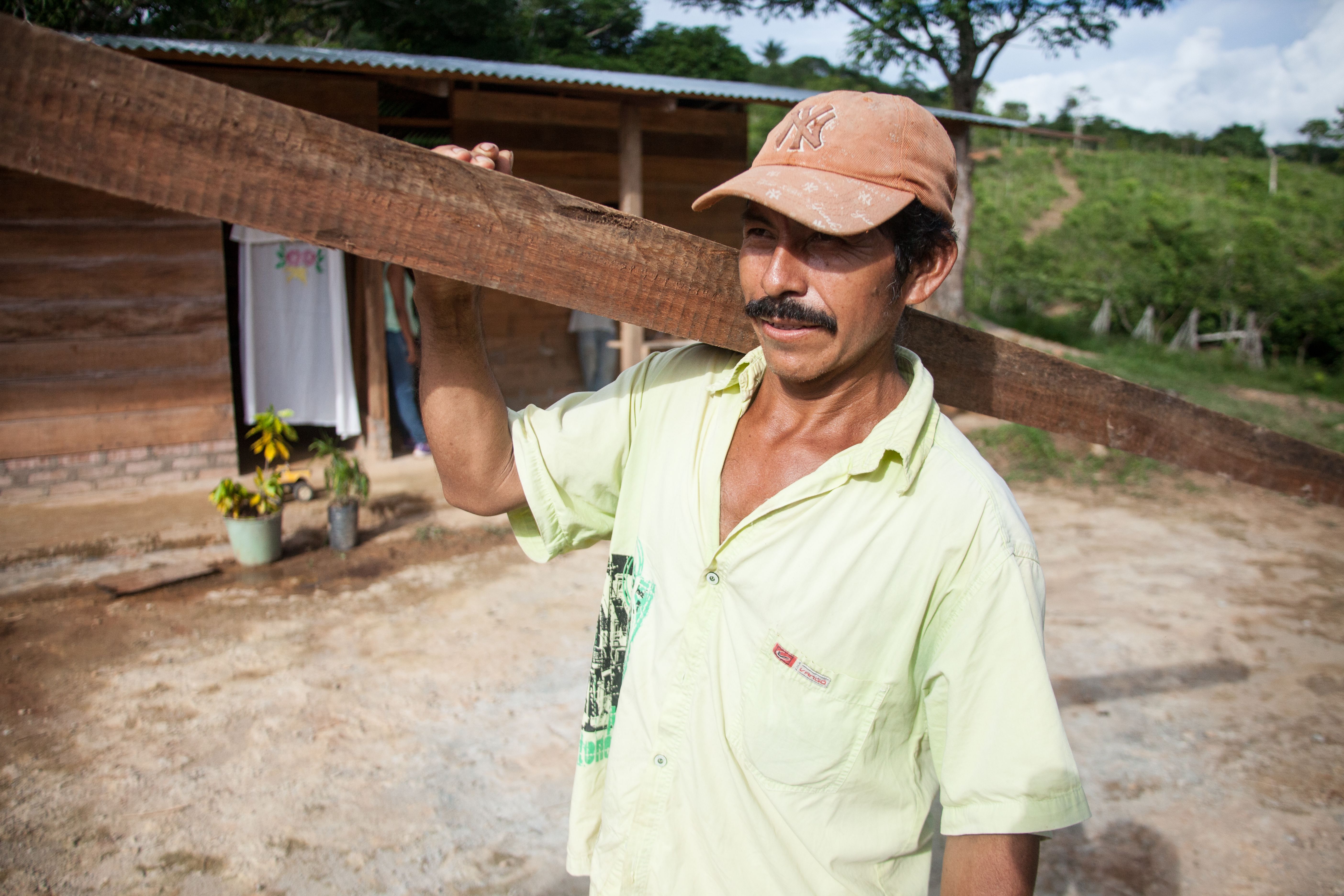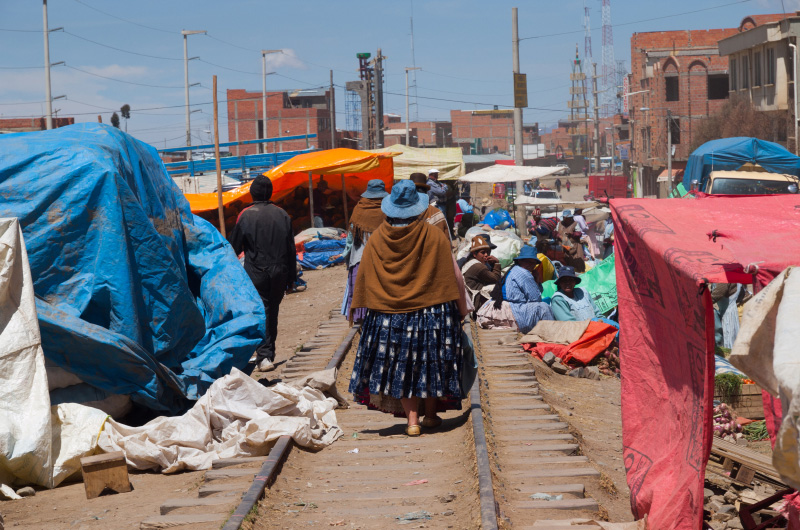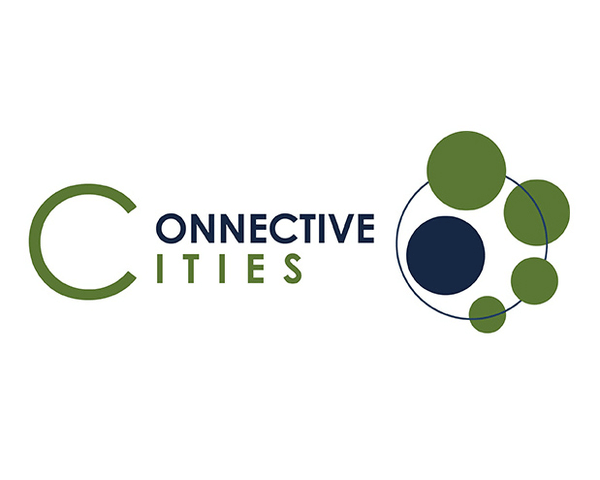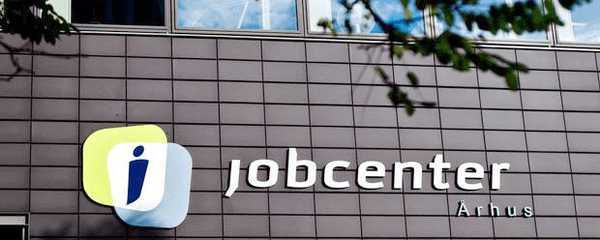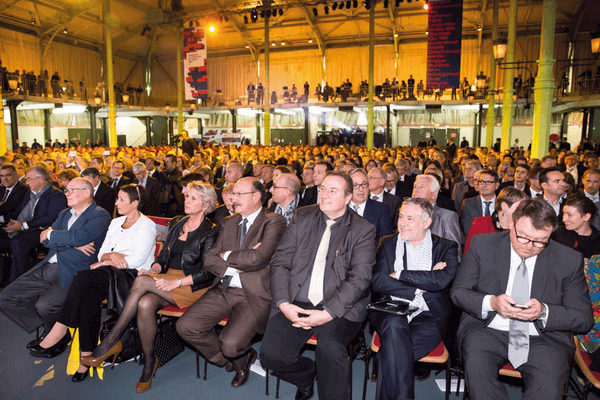City
Caquetá Department
Main actors
City Government, Regional Government, Supranational / Intergovernmental Institutions, Community / Citizen Group, other
Project area
Metropolitan Area
Duration
2014 - 2017
Strengthening support services, improving economic opportunities and facilitating integration of internally displaced persons in Caquetá Department, Colombia.
The province of Caquetá, located in the Amazonas region, is one of the areas most strongly affected by the armed conflict that has been on-going for more than five decades in Colombia.
Legal uncertainty, acts of violence and the recruitment of child soldiers have caused many families to flee the provinces and move to the city. However, lack of economic opportunities, support services and stigmatization by the community make it difficult for the victims of this disruption to integrate with their new city environment.
In conjunction with the Government of Caquetá Department, Deutsche Gesellschaft für Internationale Zusammenarbeit (GIZ) is managing the FORTES programme to improve care services, create employment opportunities and facilitate the integration of internally displaced persons into the community.
Originally published by the International Community of Practice for Sustainable Urban Development CONNECTIVE CITIES: http://www.connective-cities.net/en/connect/good-practices/fortes-strengthening-care-and-integration-of-internally-displaced-persons-in-colombia/
On Map
The Map will be displayed after accepting cookie policy
